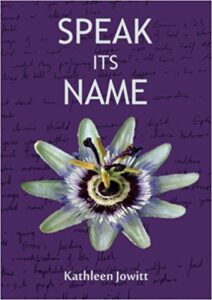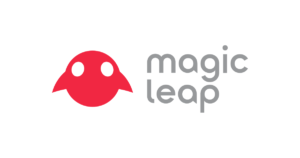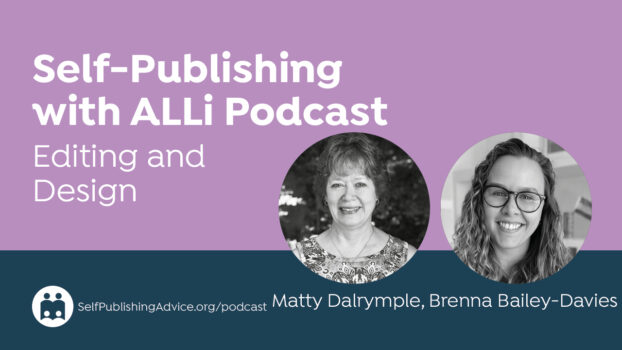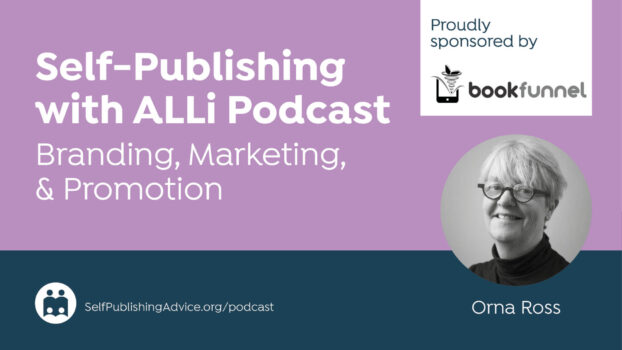
Some years it is clear to all that seismic shifts have happened. 2017 wasn’t such a year. But the era of years when things just ticked over is also gone. This felt like a year when the foundation beneath the surface was stretching in interesting ways, ways that may be really significant down the line, and that’s the theme of each of the threads in my round up of the year.
Indie of the Year
 Let me start with a lovely positive. Despite the doors that remain closed, since Debbie Young and I wrote Opening Up to Indie Authors, more and more prestigious prizes have changed their eligibility criteria to include indies. One organization that has been very vocal in doing so has been the Society of Authors, which runs several high profile prizes in the UK, and this year that policy paid off. My undisputed Indie of the Year is Kathleen Jowitt, who became the first self-published writer to win a high profile Betty Trask Award with her fabulous debut Speak Its Name. Thank you to the Society of Authors for taking this step, and most of all thank you to Kathleen, on behalf of indies everywhere, for showing that indie can mean the highest quality. I had the pleasure of asking Kathleen what she wanted 2018 to bring. “I hope that 2018 will keep up the momentum of 2017, that I'll continue to find writing enjoyable and worth doing well, and that self-publishing will keep on growing in credibility,” she said. Here’s to all of that.
Let me start with a lovely positive. Despite the doors that remain closed, since Debbie Young and I wrote Opening Up to Indie Authors, more and more prestigious prizes have changed their eligibility criteria to include indies. One organization that has been very vocal in doing so has been the Society of Authors, which runs several high profile prizes in the UK, and this year that policy paid off. My undisputed Indie of the Year is Kathleen Jowitt, who became the first self-published writer to win a high profile Betty Trask Award with her fabulous debut Speak Its Name. Thank you to the Society of Authors for taking this step, and most of all thank you to Kathleen, on behalf of indies everywhere, for showing that indie can mean the highest quality. I had the pleasure of asking Kathleen what she wanted 2018 to bring. “I hope that 2018 will keep up the momentum of 2017, that I'll continue to find writing enjoyable and worth doing well, and that self-publishing will keep on growing in credibility,” she said. Here’s to all of that.
The Rise and Fall of Platforms

Photo by h heyerlein on Unsplash
One of the things we can’t avoid as indies is making decisions about how to put our book into the world, so even small changes in the world of distribution platforms can make a big difference to day-to-day indie life. And this is an area that’s been particularly busy this year. There have been some big positives such as Kobo expanding into audiobooks, and Publishdrive moving into the US, but if there has been a real trend it is the spectacular rise and fall of big publishing-backed platforms. As the year progressed, we were increasingly excited about Pronoun, bought by Pan MacMillan and run on a model that seemed to give authors a remarkable deal. We were equally excited when Swedish giants Bonnier launched Type and Tell with a large fanfare and an excellent team. Before the year was over both had announced their doors were closing. Two might not be a trend, but we can’t help wondering whether something is going on.
A Year When Technology Mattered

Photo by Fré Sonneveld on Unsplash
Technology is always important for indies, though far too often we can fail to realise just how important. This year was a very important one for tech in many ways – from discussions of the future of the ePub format to the decision of W3C to embed digital rights management in the supported structure of the WorldWide Web.
But two things stood head and shoulders above the others: artificial intelligence (AI) and blockchain. It is hard to say which will prove the more important or the more disruptive force in the long term, but whatever the future brings, when we look back 2017 will be seen as the pivotal year.
This was the year that AI made a pretty good job of writing and made an even better job of analyzing the perfect plot. But most of all, this was the year Alpha Go beat the world’s best player at the world’s most complex game, Go, and then a second version of Alpha Go beat that version, having taught itself the game from a standing start with no reference point outside its own experience in just three weeks. There are all kinds of reasons why this matters, but the most important is that this was the moment when AI demonstrated it was capable of appreciating patterns and structure – that it was more than a brute force tool. I was asked about AI for a podcast last month. I’ll repeat here what I said there: anyone who thinks AI won’t be able to write literature that’s as good as anything a human can produce within a couple of decades is deluding themselves.
Blockchain has the potential to be so disruptive to the business side of publishing that ALLi started a blockchain for writers working group this year. And in the past few weeks, the mainstream news has been full of the meteoric rise and fall of Bitcoin, the cryptocurrency that first introduced the world to blockchain.
But the most exciting developments have been with smart contracts, with Ethereum recently unveiling its 2.0 iteration, which promises to make its general blockchain technology scalable enough that anyone with a great idea can build on it.
And for indies, smart contracts promise to be that idea – offering the potential to decentralise not just the platforms on which we sell our books, but the way in which we track the complex logistics that go into creating and distributing our books, allowing us to account for every contributor and to track sales across every territory. Agents and rights managers currently add real value to any writer wanting to exploit all the rights in their work and keep track of the paperwork. Smart contracts could end that and hand this key area of control back to writers.
And Finally…
 I want to end this round-up with a story that is from this week and which also fits perfectly with the rest of this piece. This week, we finally got our first look at what the world’s most mysterious-yet-high profile startup, Magic Leap, has been doing with augmented reality. And the answer was breathtaking. As a storyteller I am extraordinarily excited. You should be too.
I want to end this round-up with a story that is from this week and which also fits perfectly with the rest of this piece. This week, we finally got our first look at what the world’s most mysterious-yet-high profile startup, Magic Leap, has been doing with augmented reality. And the answer was breathtaking. As a storyteller I am extraordinarily excited. You should be too.
Upcoming Conferences and Events
FEBRUARY 2018
20 Books London, Feb 3-4 [London]
MARCH 2018
AWP Conference, Mar 7-10 [Tampa]
APRIL 2018
London Book Fair, Apr 10-12 [London] Hawkesbury Upton Literature Festival Apr 21 [Gloucestershire] Self-publishing Conference, Apr 28, [Leicester]
MAY 2018
Book Expo, May 30 – Jun 1 [New York]
JUNE 2018
Dublin Writers' Conference, June 22-24 [Dublin}
OCTOBER 2018
Digital Book World, Oct 2-4 [Nashville]





Tron! Faster than Etherium and has more dApp transaction to date than any blockchain.